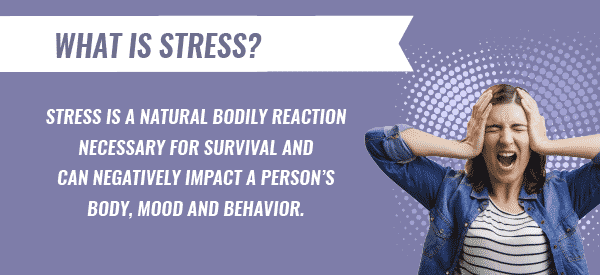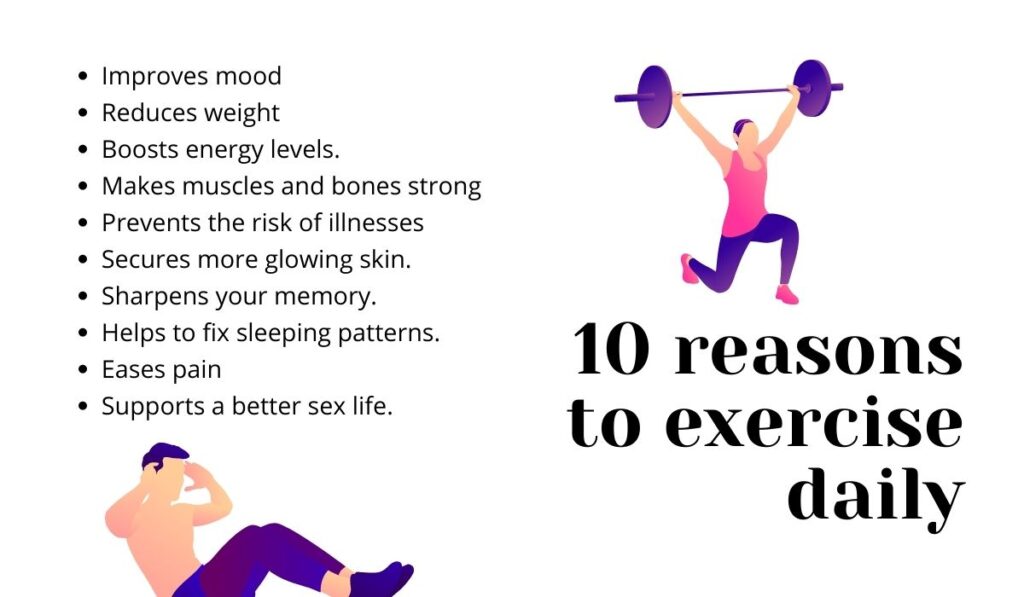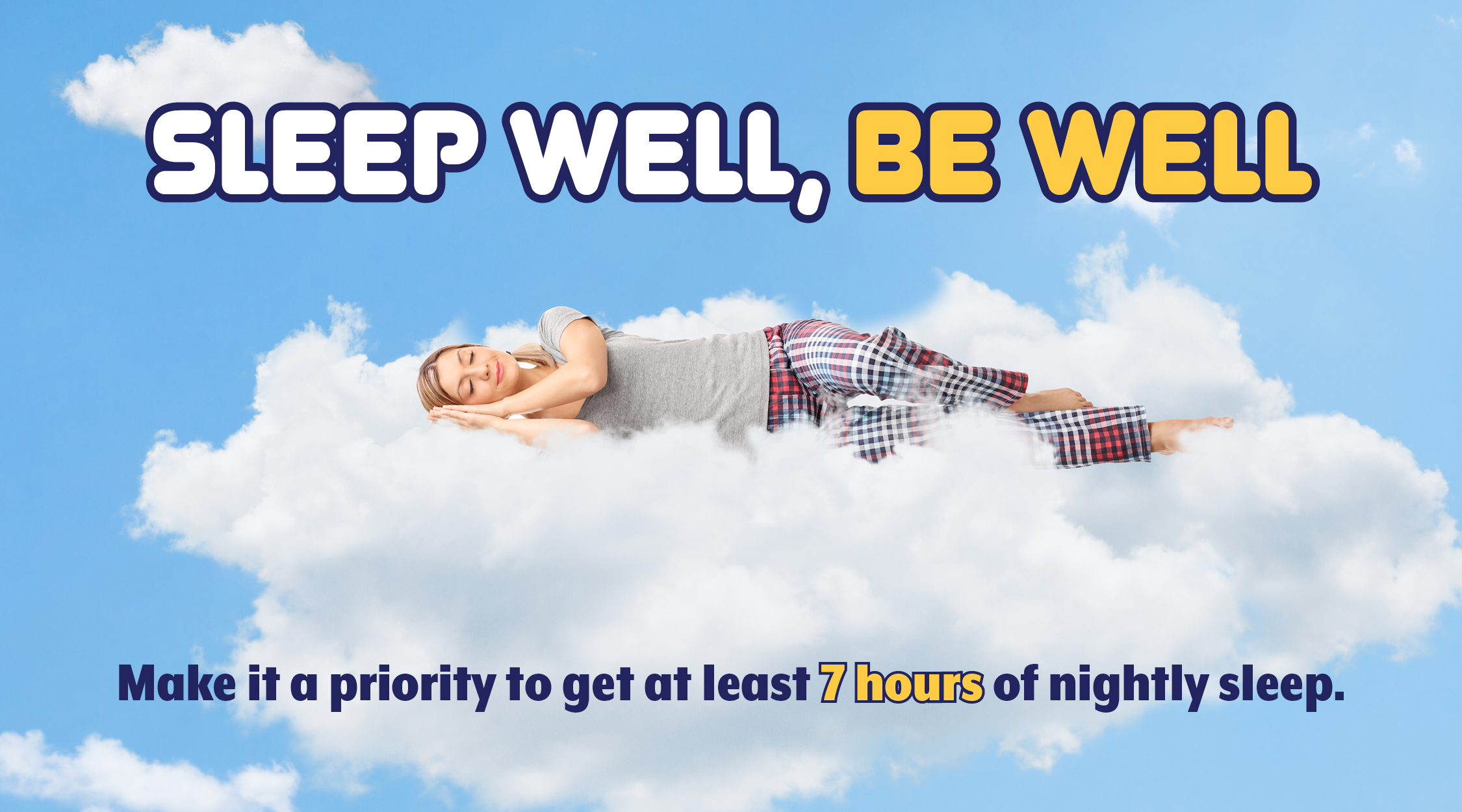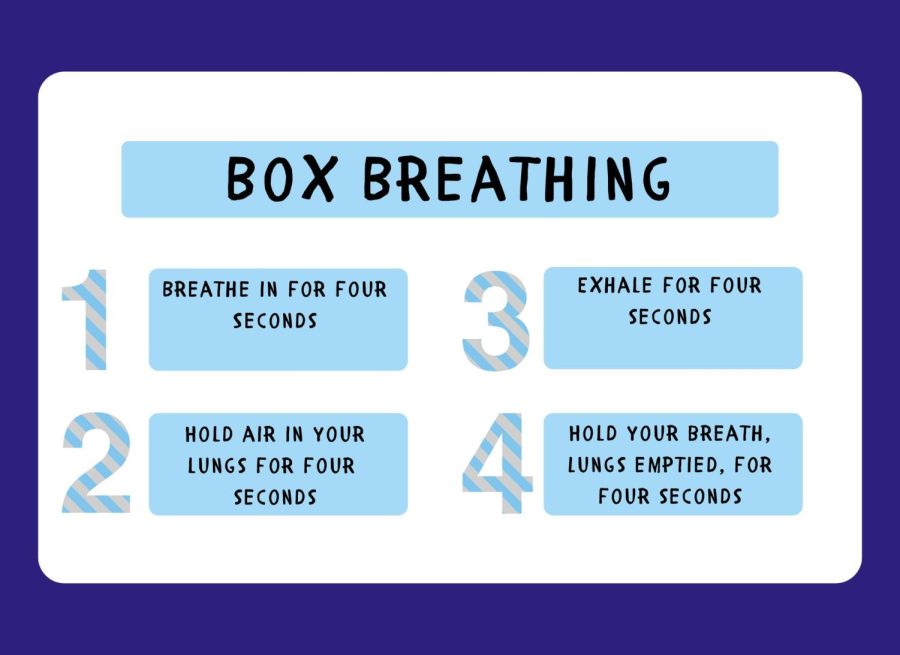Understanding and Managing Stress: Tips for Coping with Stress in a Healthy Way
Stress is a normal part of life, and it can be caused by a variety of factors such as work, relationships, finances, and health concerns. While a little bit of stress can be motivating, too much stress can take a toll on your mental and physical health. In this blog post, we'll discuss the science behind stress, how it affects your body, and tips for managing stress in a healthy way.
The Science of Stress
Stress can
also affect your immune system, making you more susceptible to illness. In a
study published in the journal Psychosomatic Medicine, researchers found that
chronic stress can impair the immune system's ability to fight off infection
(Glaser et al., 1992).
Digestive
problems are another common health problem associated with chronic stress. In a
study published in the journal Gastroenterology, researchers found that stress
can exacerbate symptoms of irritable bowel syndrome (IBS) (Whitehead et al.,
1992).
In addition
to physical health problems, chronic stress can also contribute to mental
health problems such as depression and anxiety. In a study published in the
Journal of Abnormal Psychology, researchers found that chronic stress can lead to
changes in brain structure and function that are associated with depression and
anxiety (Goldwater et al., 2009).
Signs of Stress
Stress can manifest in a variety of ways, and it's important to be aware of the signs so that you can take action to manage it. Physical symptoms of stress can include headaches, muscle tension, fatigue, and digestive problems. Emotionally, stress can cause anxiety, irritability, and a sense of being overwhelmed. You may also find that your sleep patterns are disrupted, or that you're more prone to illness due to a weakened immune system.
If you're experiencing any of these symptoms, it's important to take steps to manage your stress before it has a negative impact on your health and well-being.
Causes of Stress
Stress can be caused by a wide range of factors, including work or school-related demands, financial problems, family or relationship issues, and major life changes such as moving or getting married. Other common sources of stress include health problems, caregiving responsibilities, and a lack of work-life balance. In some cases, stress can also be caused by traumatic events such as a natural disaster, a car accident, or the death of a loved one. It's important to recognize the sources of stress in your life so that you can take steps to manage it effectively.
Tips for Managing Stress in a Healthy Way
While you
can't always eliminate stress from your life, you can take steps to manage it
in a healthy way. Here are some tips for coping with stress:
Practice
mindfulness
Mindfulness
is the practice of being fully present in the moment, without judgment.
Mindfulness can help you reduce stress and anxiety by helping you focus on the
present moment instead of worrying about the past or future.
Exercise
regularly
Exercise is
a natural stress reliever, releasing endorphins that can improve your mood and
reduce stress. In a study published in
the Journal of Psychiatric Research, researchers found that exercise can help
reduce symptoms of anxiety and depression (Stanton & Reaburn, 2014). In
addition, exercise has been shown to reduce levels of cortisol, a stress hormone
(Hill et al., 2018). Aim for at least 30
minutes of moderate exercise each day, such as walking, jogging, or swimming.
Get enough sleep
Sleep is
essential for your mental and physical health. Lack of sleep can exacerbate
symptoms of stress and make it more difficult to cope. In a study published in
the Journal of Sleep Research, researchers found that getting enough sleep can
help reduce symptoms of stress (Wang et al., 2017). Aim for 7-9 hours of sleep
each night, and try to establish a consistent sleep schedule.
Practice
relaxation techniques
Relaxation techniques such as deep breathing, meditation, and yoga can help you reduce stress and anxiety.
In a study published
in the Journal of Alternative and Complementary Medicine, researchers found
that practicing yoga can help reduce symptoms of anxiety and depression (Cramer
et al., 2013). Incorporate these
practices into your daily routine to help you manage stress.
Seek
support
Social support is important for managing stress. In a study published in the Journal of Health and Social Behavior, researchers found that social support can help reduce the negative effects of stress (Thoits, 2011).
Talking to friends, family members, or a mental health professional can help you manage stress and improve your overall well-being. Don’t be afraid to reach out for help when you need it.
Practice self-care
Taking care
of yourself is an important part of managing stress. This can include
activities such as taking a relaxing bath, reading a book, or spending time in
nature.
In a study published in the Journal of Positive Psychology, researchers found that engaging in pleasurable activities can help reduce stress and improve overall well-being (Pressman & Cohen, 2005).
Conclusion
Stress is a complex phenomenon that can have negative effects on your mental and physical health. By understanding the science behind stress and practicing healthy coping strategies, you can reduce stress and improve your overall well-being. Remember to take care of yourself and seek support when you need it.
Before we go, you may wish to watch the following video on stress management.
References:
Cohen, S.,
Janicki-Deverts, D., & Miller, G. E. (2007). Psychological stress and
disease. JAMA, 298(14), 1685-1687.
Cramer, H.,
Lauche, R., Langhorst, J., & Dobos, G. (2013). Yoga for depression: A
systematic review and meta-analysis. Journal of Alternative and Complementary
Medicine, 19(3), 201-212.
Glaser, R.,
Kiecolt-Glaser, J. K., Bonneau, R. H., Malarkey, W., Kennedy, S., & Hughes,
J. (1992). Stress-induced modulation of the immune response to recombinant
hepatitis B vaccine. Psychosomatic Medicine, 54(1), 22-29.
Hill, E.
E., Zack, E., Battaglini, C., Viru, M., Viru, A., & Hackney, A. C. (2008).
Exercise and circulating cortisol levels: The intensity threshold effect.
Journal of Endocrinological Investigation, 31(7), 587-591.
Goldwater,
D. S., Pavlides, C., Hunter, R. G., Bloss, E. B., Hof, P. R., McEwen, B. S.,
& Morrison, J. H. (2009). Structural and functional alterations to rat
medial prefrontal cortex following chronic restraint stress and recovery.
Journal of Neurochemistry, 109(6), 1734-1747.
Pressman,
S. D., & Cohen, S. (2005). Does positive affect influence health?
Psychological Bulletin, 131(6), 925-971.
Stanton,
R., & Reaburn, P. (2014). Exercise and the treatment of depression: A
review of the exercise program variables. Journal of Science and Medicine in
Sport, 17(2), 177-182.
Thoits, P.
A. (2011). Mechanisms linking social ties and support to physical and mental
health. Journal of Health and Social Behavior, 52(2), 145-161.
Wang, S.
Y., Li, Y., Li, H. Z., & Song, M. H. (2017). Sleep quality improves in
middle-aged and older adults with exercise intervention. Journal
Whitehead,
W. E., Palsson, O. S., & Levy, R. L. (1992). Comorbidity in irritable bowel
syndrome. American Journal of Gastroenterology, 87(7), 743-747.











Comments
Post a Comment